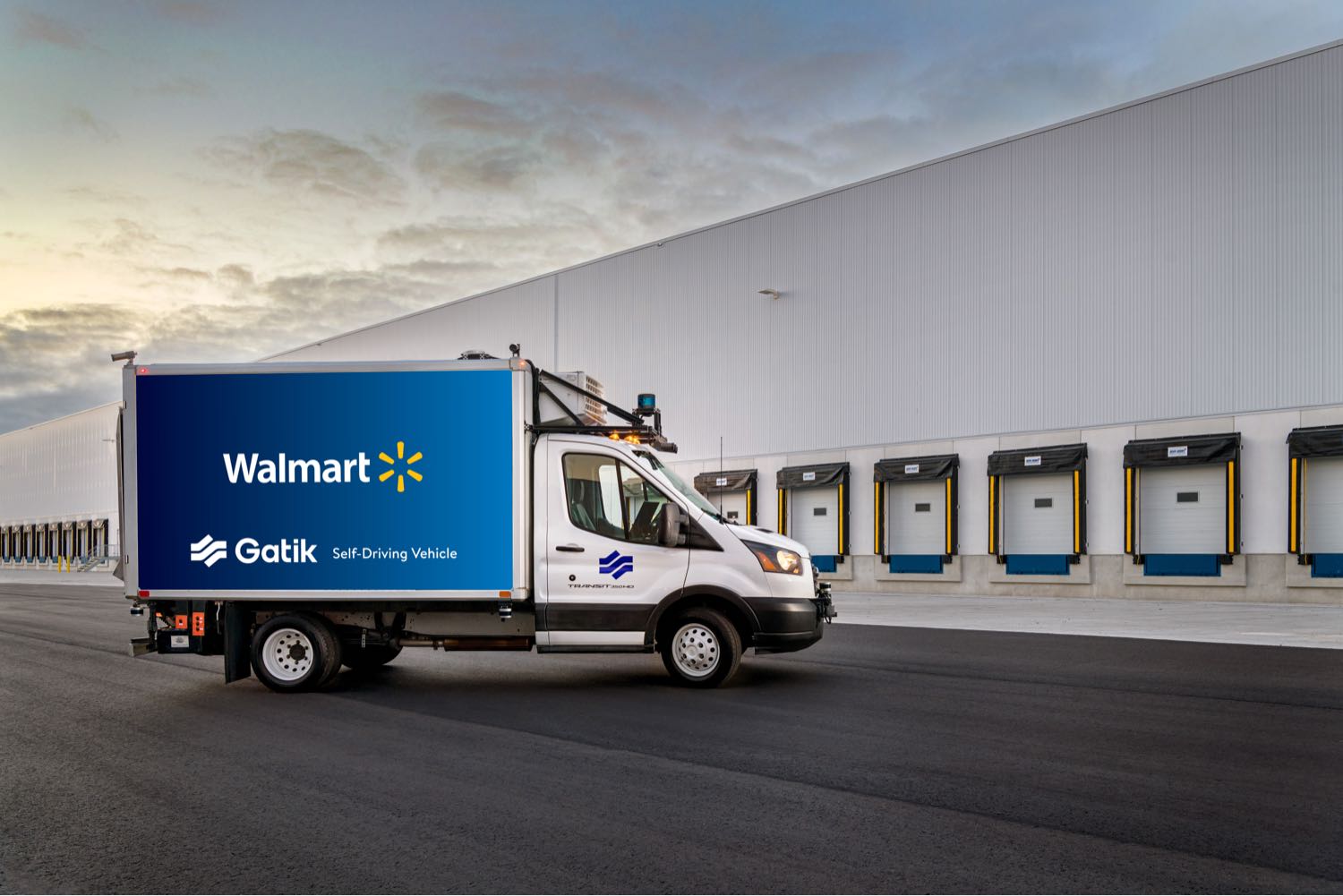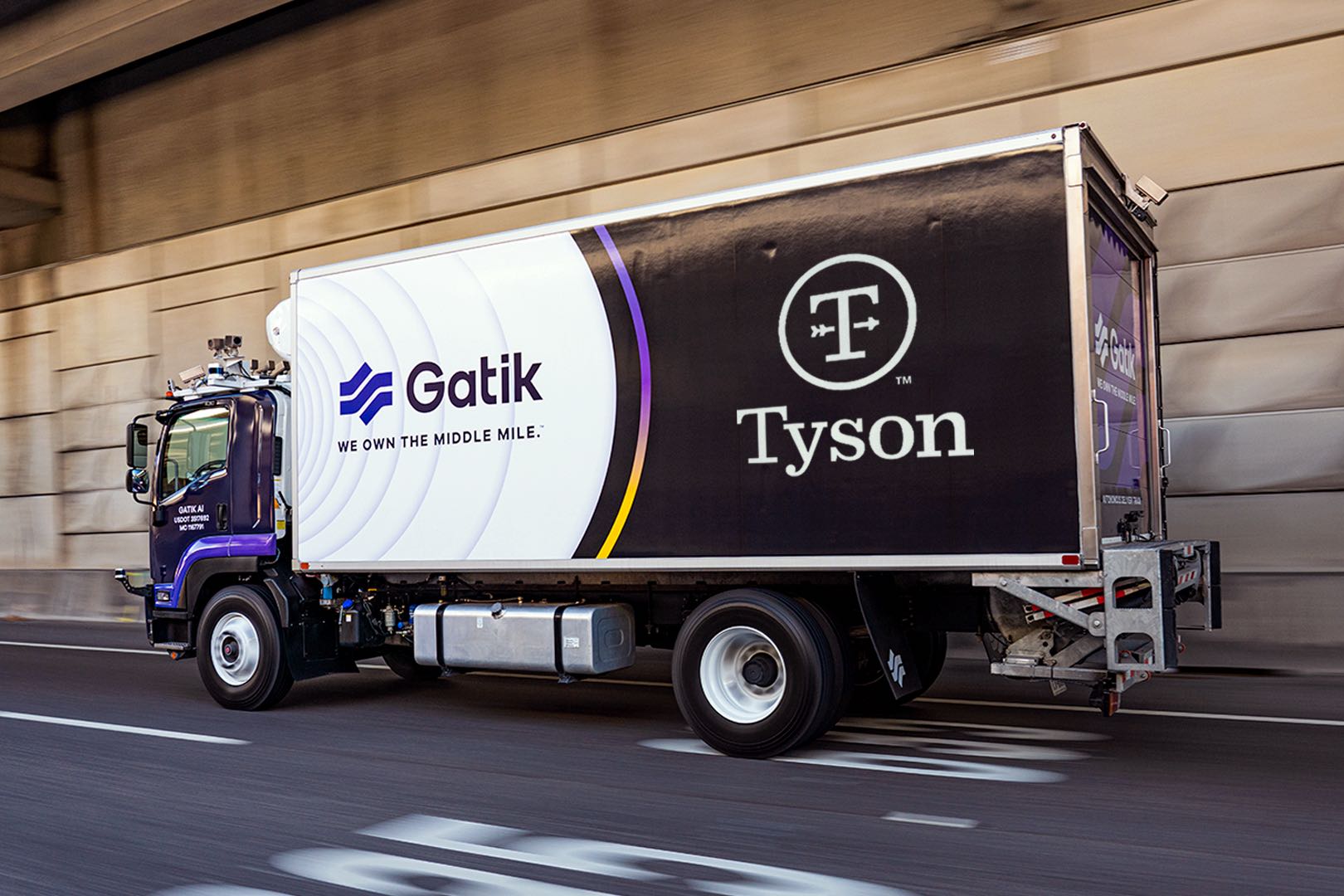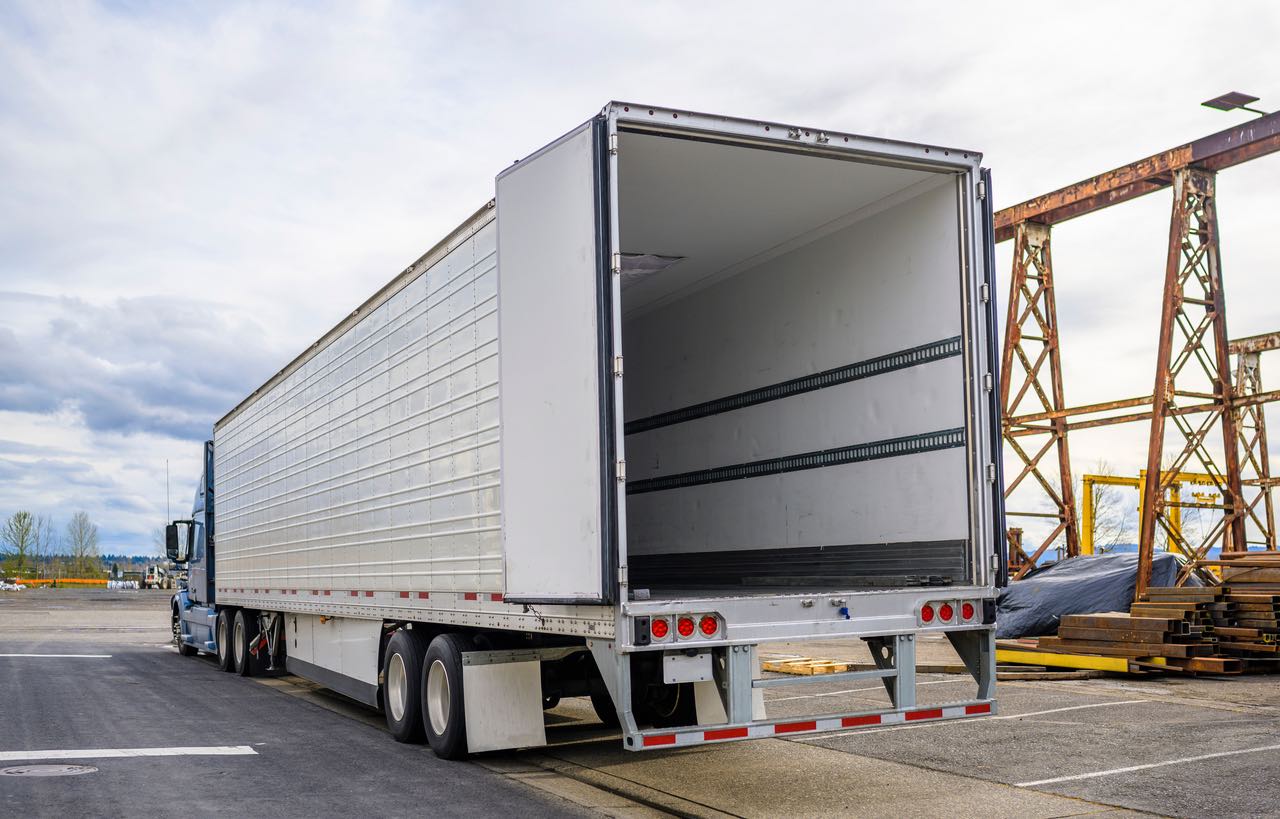To lead the way in the mass manufacture of Level 4 autonomous trucks, Isuzu Motors and Gatik have set out on a groundbreaking adventure. With this partnership, the trucking sector is expected to undergo a significant transformation, leading to the widespread use of autonomous commercial trucks on North American highways. This collaboration intends to usher in a new age of efficiency and safety in transportation by fusing Gatik’s cutting-edge autonomous driving technology with Isuzu’s solid experience producing vehicles. In addition to being a major technological advancement, the move fits with the rising trend of intelligent and sustainable transportation solutions.
This partnership has potential benefits beyond straightforward automation. It claims to raise the bar for long-distance freight transit requirements and improve supply chain efficiency. It is anticipated that the integration of these autonomous vehicles into regular operations would significantly decrease human error and boost operational predictability in the logistics sector. The future of trucking appears increasingly autonomous under Isuzu and Gatik’s leadership, ready to meet the rapidly changing needs of contemporary commerce and customer expectations in the US and Canada.

Isuzu and Gatik have committed to building a special facility for the production of autonomous vehicles, which is a big step beyond simple research and development. This cooperation is well-positioned to increase the manufacture of safe, dependable autonomous trucks without requiring human drivers, thanks to a substantial investment of $30 million from Isuzu. With the establishment of this specialized production line, an OEM and an autonomous technology firm have collaborated to create autonomous trucks from the ground up for the first time. In addition to improving technological capabilities, the partnership seeks to establish new industry benchmarks for efficiency and safety in the manufacturing of autonomous vehicles. Therefore, it is anticipated that this innovative endeavor would hasten the integration of autonomous vehicles throughout commercial industries, radically altering the logistics environment.
The sophisticated redundancy systems essential for safety, such as improved braking, steering, and sensor capabilities, will be installed in the autonomous trucks. These devices are designed to raise the bar for autonomous vehicle safety in the industry by ensuring the trucks perform dependably in a variety of traffic and weather scenarios. The first-ever specialized manufacturing plant created just for the production of Level 4 autonomous trucks is scheduled to open for business in 2027. This facility will effectively scale up production while upholding high levels of quality by utilizing lean manufacturing concepts and cutting-edge technologies. Before a vehicle is released for use in the commercial sector, it must pass stringent performance and safety standards, which are achieved through extensive testing and validation steps in the design process.

The middle-mile delivery market is anticipated to be greatly impacted by this collaboration between Isuzu and Gatik, as it tackles the essential driver shortage and meets the growing demand in the logistics industry. The manufacture of autonomous trucks can be scaled, which offers significant operational and financial benefits. Additionally, by lowering the requirement for driver salaries and related expenses, the use of these autonomous cars is anticipated to save operational costs. Because autonomous systems are built to precisely follow traffic laws and respond swiftly to changing road conditions, this technological innovation might also increase safety and decrease the incidence of accidents. Moreover, quicker delivery times might result from more efficient logistics processes, satisfying customer demands for dependable and timely service.
The strategic partnership between Gatik and Isuzu Motors highlights a revolution in the self-driving truck sector. Through focusing on the large-scale manufacturing of Level 4 autonomous trucks, our collaboration aims to not only innovate but also establish a new benchmark for the transportation industry. These driverless cars have the potential to revolutionize logistics and transportation by greatly increasing productivity and decreasing the need for human labor. Isuzu and Gatik are developing a road plan for a day when autonomous driving and digital technologies will come together to completely transform the road transportation industry. This innovative strategy aims to increase safety, save expenses, and enhance logistical accuracy throughout the continent of North America.

Reputable for providing high-quality services, Ship A Car, Inc. is a prominent player in the freight and vehicle transport sector, as demonstrated by its five-star customer rating and A+ Better Business Bureau (BBB) rating. By using cutting-edge logistics solutions customized to your unique requirements, our organization guarantees dependability and efficiency in every transfer. For superior car shipping services or to talk about your specific transportation needs, call Ship A Car, Inc. at (866) 821-4555.
Q: What is Level 4 autonomy in trucks?
A: Trucks that are capable of operating without the need for a human driver under certain circumstances are referred to as having level 4 autonomy.
Q: When will the autonomous trucks be available?
A: It is anticipated that the new production plant would begin making its first deliveries in the year 2027.
Q: How will autonomous trucks impact the trucking industry?
A: The scarcity of drivers in the logistics industry is projected to be alleviated by autonomous trucks, which are also predicted to boost production efficiency.




